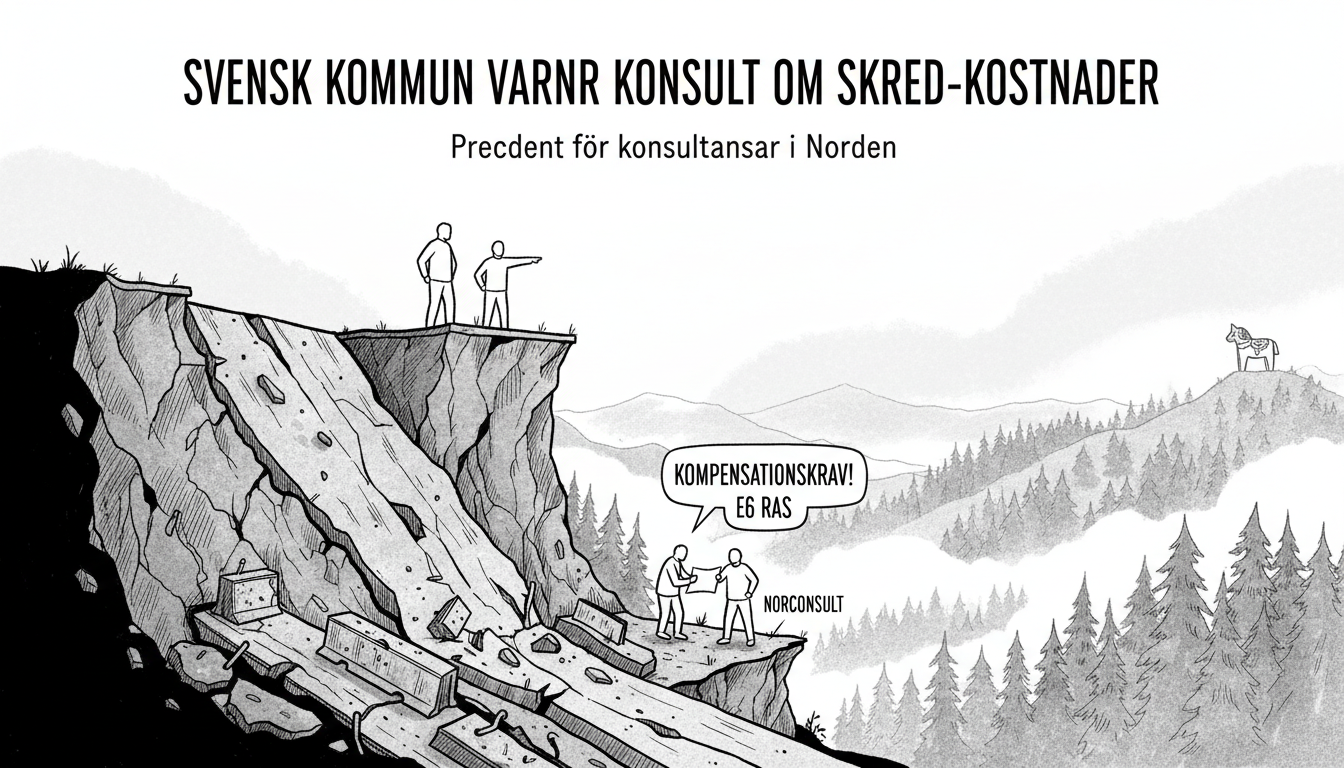Stenungsund municipality faces massive financial pressure after last year's major landslide. The incident destroyed part of the E6 highway and multiple businesses. Reconstruction costs continue mounting while responsibility remains disputed.
The municipality now formally warned consulting firm Norconsult about potential compensation claims. Officials allege the company's geological survey contained critical errors. These mistakes reportedly underestimated landslide risks before construction began.
Local authorities stated they might seek full reimbursement from Norconsult if held liable. No specific compensation amount has been disclosed yet. The consulting firm maintains their work represented preliminary findings only.
Meanwhile, criminal investigations continue into two individuals connected to the business park development. Prosecutors expect to decide on potential charges early next year. A third suspect was previously cleared from the investigation.
Sweden's Accident Investigation Commission identified the landslide's direct cause as overload from fill materials. Underlying factors included mapping errors and inadequate consideration of local ground conditions. The commission's report highlighted multiple planning failures.
This case exposes Sweden's complex liability framework for infrastructure projects. Municipalities often bear ultimate responsibility when private contractors fail. The situation mirrors previous geotechnical failures across Scandinavia.
International businesses should note Sweden's stringent environmental and safety regulations. Infrastructure projects require multiple approval stages and thorough risk assessments. The Nordic model emphasizes preventive measures over reactive solutions.
Stenungsund's predicament demonstrates how small municipalities face disproportionate financial risks. Taxpayers ultimately cover costs when private companies dispute responsibility. This creates challenging dynamics for regional development projects.
The E6 landslide disrupted crucial transportation routes for months. Sweden's highway network represents vital economic infrastructure connecting Nordic markets. Such incidents have broader implications for regional trade and mobility.
Legal proceedings will likely continue for years given the complex technical nature. Similar cases in Norway and Finland have taken over five years to resolve. The outcome could reshape consultant liability standards across the region.

